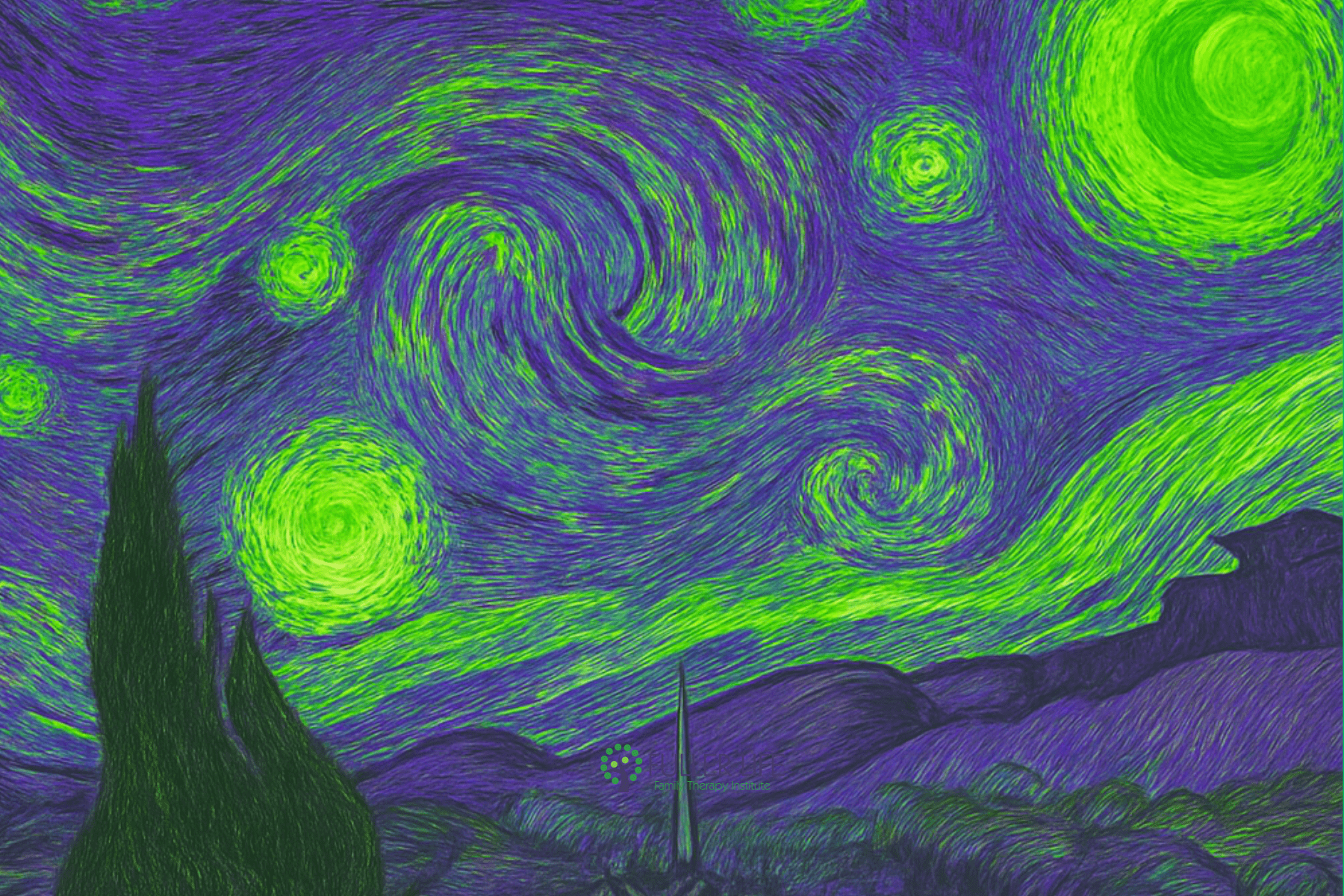Creating Happiness
Our culture chases after many things in an effort to fulfill our desire for happiness. We spend a considerable amount of our time following the dictates of what others say will make us happy. Society promises better friends if we buy a new ___________, more beautiful body or hair if we buy the latest __________, and contentment once we reach a certain amount of income so that we can buy the latest and newest _________. We continue to buy into the promise that more is better. When will the treadmill stop?
In her book, Daring Greatly, Brené Brown discusses our “culture of scarcity” and the endless search for more.
“Scarcity is the ‘never enough’ problem… Scarcity thrives in a culture where everyone is hyperaware of lack. Everything from safety and love to money and resources feels restricted or lacking. We spend inordinate amounts of time calculating how much we want, and don’t have, and how much everyone else has, needs, and wants.”
The documentary, Happy, discusses three things our society says will bring happiness: image, status, and money. We sometimes mindlessly accept these values as we see “everyone else” around us striving to get more. But in reality, they do little to increase our level of happiness. As a matter of fact, there is no real difference in happiness levels between the annual incomes of $50,000 and $50,000,000. (Roko, 2011)
“Over time, rates of depression and anxiety have increased in young people, and one explanation for this shift seems to be that we are neglecting time to relax and engage in meaningful relationships with others in favor of pursuing status and wealth… It’s easy to get caught up in chasing after more money, status, and material possessions, and there are a myriad of cultural messages that this is the ways to be happy – what Australian epidemiologist Richard Eckersley calls ‘cultural fraud.’” (Kolts, 2012)
What can we do to increase our level of happiness?
The good news is there is an abundance of research available that show ways to increase levels happiness and contentment. Here are some suggestions according to Happy and several other positive psychology resources:
1. Flow: According to the documentary, Happy, flow is important to one’s level of happiness. “Flow is the mental state of operation in which a person performing an activity is fully immersed in a feeling of energized focus, full involvement, and enjoyment in the process of the activity. In essence, flow is characterized by complete absorption in what one does.” (Wikipedia) One may lose track of time as they are completely focused on an activity. Flow can be experienced in one’s work, hobbies, exercise, etc.
2. Cultivating meaningful relationships. According to the documentary, This Emotional Life, relationships are as essential to one’s well-being as food. (Gilbert, 2010)
3. Gratitude. According to Brené Brown, the antidote to a “culture of scarcity” or “never enough” is the practice of gratitude; awareness of what one already has. According to research in the field of positive psychology, the practice of gratitude three times a day for twenty-one days leads to increased levels of contentment and happiness. (Achor, 2011)
4. Mindfulness. When we are mindful, we practice being present in the moment with ourselves and others. Even when the world rushes mindlessly around us, we can learn to pause, breathe, and choose how we want to respond. Here is one example of a myriad of simple mindfulness practices one can include in everyday life:
Breathing in, I calm my body.
Breathing out, I smile.
Dwelling in the present moment,
I know this is a wonderful moment. Thich Nhat Hanh
At Fuller Life we desire to walk alongside your search for more satisfaction and happiness in your life and relationships. If you or someone you know could benefit from this blog, please pass it on. We would be honored to share this journey with you.
Achor, Shawn. (2011). TED: The Happy Secret to Better Work.
Gilbert, Daniel (2010). This Emotional Life (Educational Miniseries).
Kolts, Russell. (2012). The Compassionate-Mind Guide to Managing Your Anger.










